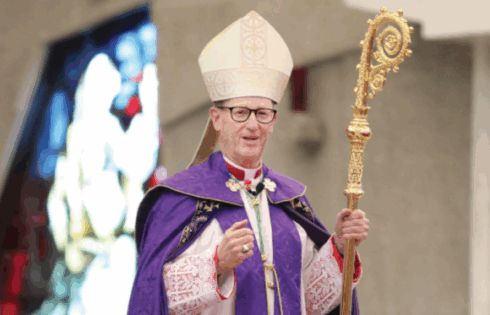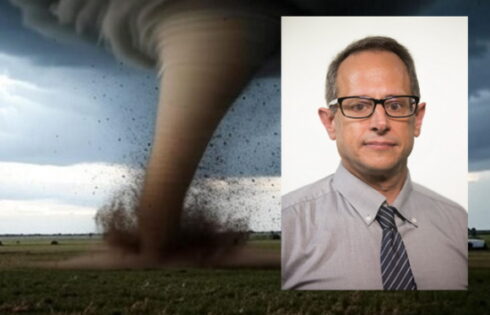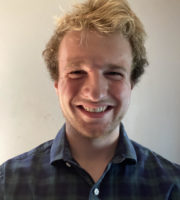
Make a short vampire movie, pass this Ivy League class
A new Princeton University course this fall will have students prepare a 10-minute film inspired by vampire movies.
“Students may make a short narrative vampire film, a video essay about one of the vampire films screened in class, an abstract/conceptual/experimental/self-reflexive art film that riffs on the idea of the vampire,” a course description for “Making the Vampire Film” states.
They can do this by “re-edit[ing] scenes from existing films into a narrative about vampires with fabricated sound design and narration.”
Students will read such titles as “Vampire Sex,” “Filming Dracula,” and “The Cinematic Spectacle of Vampirism.” The course appears on the Lewis Center for the Arts’ fall offerings, and the Office of the Registrar provides an extended description.
The class is taught by Christopher Harris. He did not respond to two emailed requests for comment in the past month asking what he hopes students take from the course. The Lewis Center did not respond to similar inquiries in the past month.
According to the professor’s university bio, Harris “makes films and video installations that read African American historiography through the poetics and aesthetics of experimental cinema.”
Currently, Harris teaches a course that combines film and the idea of prison abolition.
“This course will examine the relationship between the carceral apparatus, i.e. the matrix of police, prisons, prosecutors, parole boards, prison guards, probation officers, etc., and the commercial/industrial cinematic apparatus which has historically valorized and naturalized hegemonic constructions of crime and punishment for popular consumption,” a description says.
A higher education expert who co-wrote a book about Ivy League courses criticized the class in emailed comments to The Fix.
“Parents, students, taxpayers, and university leaders have a responsibility to ask whether courses like this meaningfully contribute to a student’s intellectual growth, civic engagement, and preparation for the workforce,” Madison Doan said. “Is the course generating new knowledge and fostering analytical thought, or is it frivolous, or focusing more on pop culture?”
She recently had a book published called “Slacking,” which explores the good and bad of Ivy League classes.
“Moreover, with tuition at Princeton being around $62,000 a year, and many students likely relying on loans to finance their education, courses like this seem wasteful, offering little practical value in preparing students for a career after college,” she said.
As Doan contends, the problem is not limited to “Making the Vampire Film.”
The critical issue facing Ivy League students is the lack of a rigorous core set of classes that students must take to graduate.
“The absence of a core curriculum with a clear vision of what a well-rounded or academically rigorous education looks like can make it easy for an undergraduate to leave college with what the American Council of Trustees and Alumni call a ‘thin and patchy education,’ with no guarantee that they have mastered a core set of facts or skills,” Doan told The Fix.
Doan said Princeton students have far better options.
“Students should consider taking other Princeton courses to fulfill their Literature and the Arts requirement, such as ‘What is a Classic?’ ‘Shakespeare: Toward Hamlet,’ or ‘Topics in Medieval Italian Literature and Culture: Writing Latin in Late Medieval Italy,’” Doan said.
She said “these courses would allow for deep engagement with foundational texts, build interpretive skills, and cultural literacy.”
“Literature courses emphasizing close reading, augmentation, and analysis will help students interpret complex texts, question assumptions, and build evidence-based insights,” Doan said.
Princeton is not the only university offering a course on vampire movies.
The University of Florida English department offered a similar class called “Vampire Cinema” last fall, as previously reported by The Fix.
The course had students research topics including “queer, gay and lesbian vampires” and “vampirism and psychoanalysis.”
MORE: ‘Feminist witch studies’: Professors create new nonsense academic field
IMAGE CAPTION AND CREDIT: A vampire; Ollyy/Shutterstock
Like The College Fix on Facebook / Follow us on Twitter






Please join the conversation about our stories on Facebook, Twitter, Instagram, Reddit, MeWe, Rumble, Gab, Minds and Gettr.